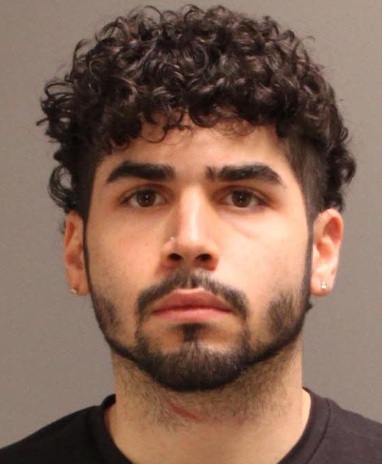Citizens whose lives were disrupted due to the city’s civil forfeiture practices said they were relieved to see changes on the horizon after a hearing Monday.
“The nightmare is still there, it never goes away — but this is an accomplishment,” said Markela Sourovelis, of Somerton, who faced potentially forfeiting her family home to the city over her son’s arrest on drug sale charges. Sourovelis and four others are the plaintiffs in a class action lawsuit filed in 2014 against the city to by the Institute for Justice )IJ), a national property rights advocacy group, claiming that civil forfeiture was unconstitutional. Related link:D.A. drops two civil forfeiture actions under controversial law Markela and her husband Christos Sourovelis faced a forfeiture proceeding after their son was arrested for selling $40 of drugs, and police came to the home and found more drugs in his room.
Their individual case was settled in December and they will keep their house, but they have continued on as plaintiffs to reform the law.
“We started it. We’re gonna finish it,” Christos said.
Related link:Lawsuit accuses D.A.’s office of operating civil forfeiture “machine” for profit Civil forfeiture is a tool employed by the Public Nuisance Task Force of Philadelphia D.A. Seth Williams. The procedure was designed to give law enforcement the ability to seize properties that are involved in the drug trade. But the forfeiture has also been used against property owners whose family members were charged with crimes, and against people who are not convicted of a crime. IJ’s original lawsuit also accused the D.A.’s office of using civil forfeiture proceeds to finance its own budget. Prosecutors have denied any profit motive in the forfeiture process. Nassir Geiger, 34, of Northeast Philly, a plaintiff in the class-action suit, said he faced a civil forfeiture proceeding for his 2000 Buick LeSabre after he was pulled over by police and accused of drug dealing in an apparent mix-up. He was never charged, but his car was impounded by police for a year and a half. He eventually met IJ attorneys researching civil forfeiture who helped him get his car back, but had to pay $500 in storage fees. “I didn’t understand that they were seizing my car,” Geiger said of the process.
City lawyers Monday had no objection to a proposed settlement under which the D.A.’s office must provide a notice or hearing before seizing property of residents, and must not require property owners to waive constitutional rights to participate in civil forfeiture proceedings. U.S. District Judge Eduardo Robreno said after the hearing that he would issue a decision “promptly” on the proposed settlement.
Still unresolved are further issues from the lawsuit related to how the civil forfeiture proceedings themselves, currently held in room 478 of Ciy Hall, are processed, but IJ attorney Darpana Sheth said negotiations are ongoing. A spokesman for D.A. Seth Williams declined to comment on the future of civil forfeiture, citing the pending nature of the suit.
Plaintiffs in the lawsuit, even with their personal cases resolved, said they are committed to seeing forfeiture reformed.
“I’m not the only one,” Geiger said. “I’ve had friends that this happened to. Someone needs to stand up and do something.”
Baby steps toward reforming civil forfeiture

Charles Mostoller



























